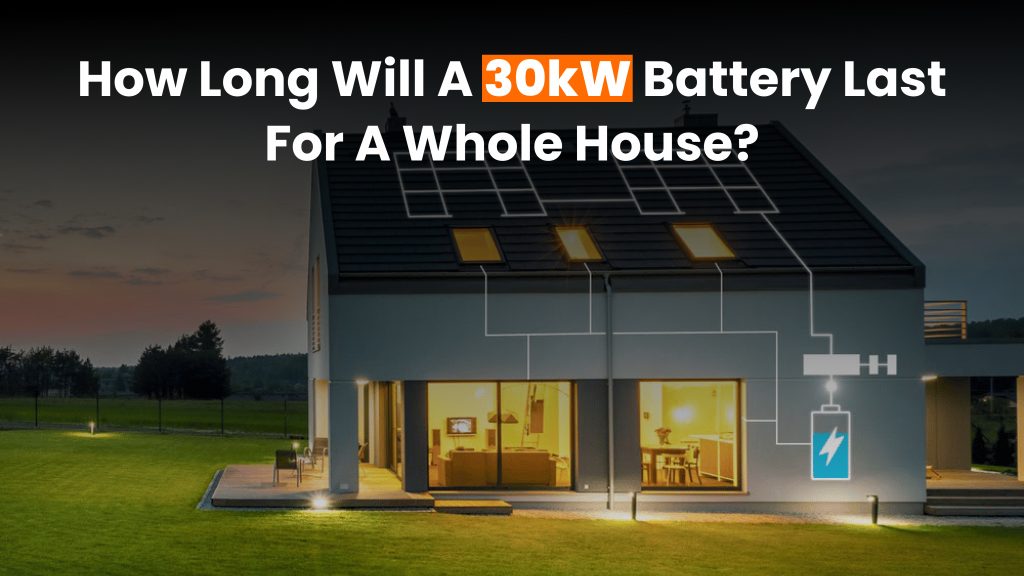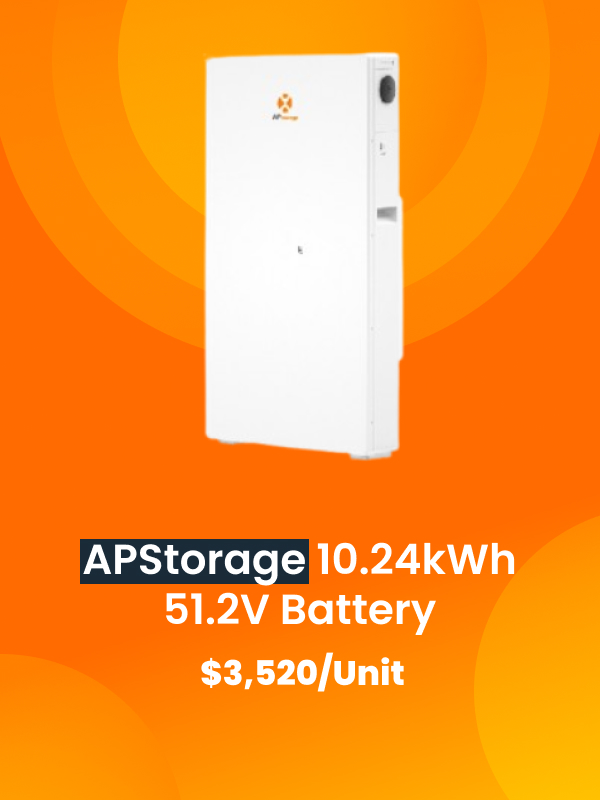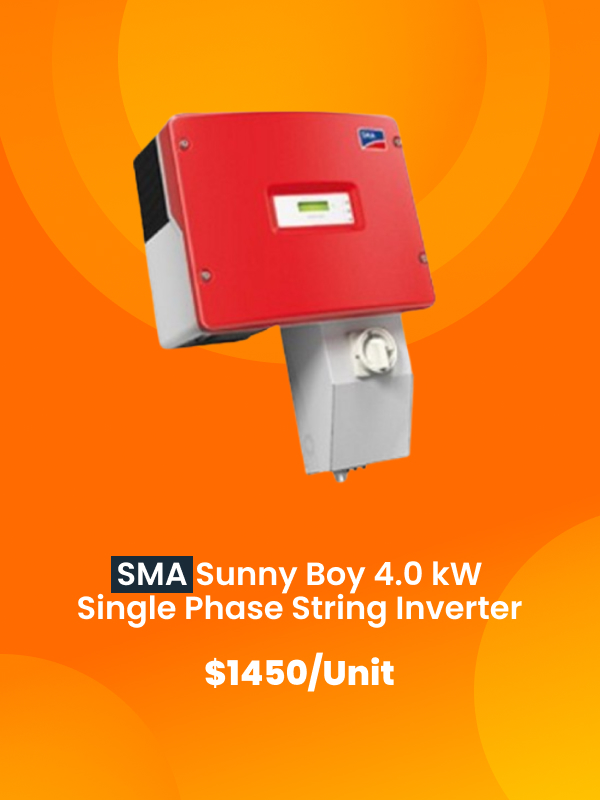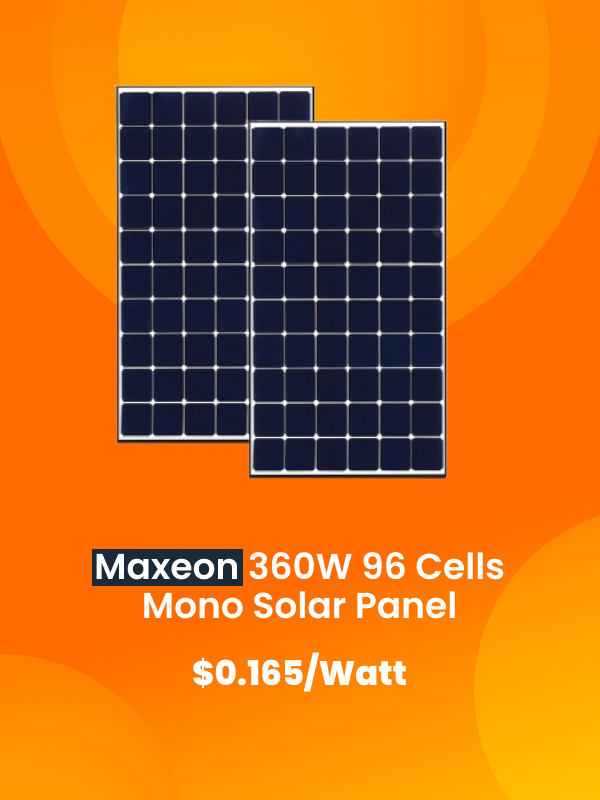Home energy storage systems have grown in popularity as more homeowners seek renewable energy solutions and energy independence. One of the most common questions about these systems is: How long will a 30kW battery power my entire house?
This blog dives into the factors influencing battery lifespan, average household energy consumption, and scenarios that illustrate how long a 30kW battery can sustain your home.
Understanding home energy consumption
The amount of energy your home uses depends on several factors:
- House size: Larger homes typically require more energy to power lighting, appliances, and HVAC systems.
- Climate: Homes in colder climates may consume more energy for heating, while those in hotter areas use more electricity for air conditioning.
- Number of occupants: More residents usually result in higher energy consumption due to increased use of appliances and electronics.
- Appliance efficiency: Energy-efficient appliances consume significantly less power compared to older, less efficient models.
To provide context, the U.S. Energy Information Administration (EIA) estimates that the average American home uses approximately 877 kWh of electricity per month, which translates to about 29 kWh per day. However, your household’s actual energy needs may vary, so it’s essential to analyze your specific usage when considering battery storage.
What does a 30kW battery provide?
A 30kW battery stores 30 kilowatt-hours (kWh) of energy. It’s important to distinguish between energy and power:
- Energy (kWh): The total amount of electricity a battery can store.
- Power (kW): The rate at which the stored energy is used.
If your home consumes an average of 30 kWh per day, a fully charged 30kW battery can theoretically power your home for 24 hours under ideal conditions. However, real-world conditions often involve factors that can influence this estimate.
Factors impacting battery duration
1. Peak load vs. continuous load
Your home’s energy usage isn’t constant. Appliances like air conditioners, ovens, and washing machines create “peak loads,” which draw more power and can deplete your battery faster than a steady, continuous load.
2. Depth of discharge (DoD)
Most batteries aren’t designed to be fully discharged. For instance, a lithium-ion battery with an 80% DoD offers 24 kWh of usable energy from a total capacity of 30 kWh.
3. Solar charging
When paired with solar panels, a battery can recharge during the day, extending its usable time well beyond a single discharge cycle. In sunny conditions, the combination of solar power and battery storage could potentially sustain your home for days.
4. Energy management systems
Smart energy management systems can prioritize essential appliances, such as lighting and refrigeration, while temporarily shutting off non-critical devices. This optimization extends the effective lifespan of your battery.
Scenarios: How long will a 30kW battery last?
| Scenario | Daily Consumption | Battery Lifespan |
| Low Consumption (efficient appliances) | 20 kWh | 36 hours |
| Average Consumption (typical home) | 30 kWh | 24 hours |
| High Consumption (large home, energy-intensive devices) | 50 kWh | 14.4 hours |
| Critical Loads Only (lighting, fridge) | 10 kWh | 72 hours days |
In “low consumption” homes with energy-efficient appliances, the battery lasts longer. In contrast, larger homes with high consumption may drain the battery quickly. Limiting usage to critical systems, like lights and refrigerators, can stretch the battery life significantly.
Solar panels: A game changer
Integrating a 30kW battery with solar panels transforms its performance. On sunny days, solar panels can recharge the battery, effectively enabling continuous power.
For example:
- If your solar panels produce 5 kW per hour during peak sunlight hours and your home uses 4 kW per hour, the surplus 1 kW recharges the battery.
- This setup ensures the battery remains ready for nighttime or cloudy periods, potentially offering uninterrupted power.
Maximizing your battery’s performance
Here are practical tips to get the most out of your 30kW battery:
- Use energy-efficient appliances: Modern appliances significantly reduce energy consumption, allowing the battery to power your home for longer.
- Time energy usage: Schedule energy-intensive tasks, like laundry or cooking, during off-peak hours or when your solar panels are generating maximum power.
- Prioritize essential loads: Configure your battery system to power only critical appliances during outages, such as lighting, refrigeration, and medical equipment.
- Monitor battery health: Regularly check your battery’s performance and capacity to ensure optimal efficiency over time.
Is a 30kW battery right for you?
Whether a 30kW battery is sufficient depends on your home’s energy usage, the presence of solar panels, and how you manage your energy. While it can theoretically power an average home for a day, integrating it with solar panels or limiting usage to essential systems can significantly extend its performance.
By carefully analyzing your energy needs and leveraging solar power, you can enjoy the benefits of energy independence and reduce your reliance on the grid, all while contributing to a greener future.
FAQs
What factors affect how long a 30kW battery lasts?
Key factors include your home’s energy consumption, battery depth of discharge (DoD), peak vs. continuous loads, and whether it’s paired with solar panels.
Can solar panels extend the lifespan of a 30kW battery?
Yes, solar panels can recharge the battery during the day, potentially offering continuous power, especially in sunny conditions.
Can a 30kW battery run critical appliances during an outage?
Yes, when limited to critical loads like lighting and refrigeration, the battery can last significantly longer—up to 72 hours in some cases.
How long does it take to fully recharge a 30kW battery using solar panels?
Recharge time depends on the size of your solar system. A 5 kW solar array in optimal sunlight conditions can recharge a 30 kW battery in approximately 6 hours, though weather and sunlight levels can affect this.
Is investing in a home battery system worthwhile?
Home batteries are a good investment for those seeking greater energy independence, reduced grid reliance, or lower electricity costs. They are especially beneficial in areas prone to outages or with access to renewable energy like solar.




